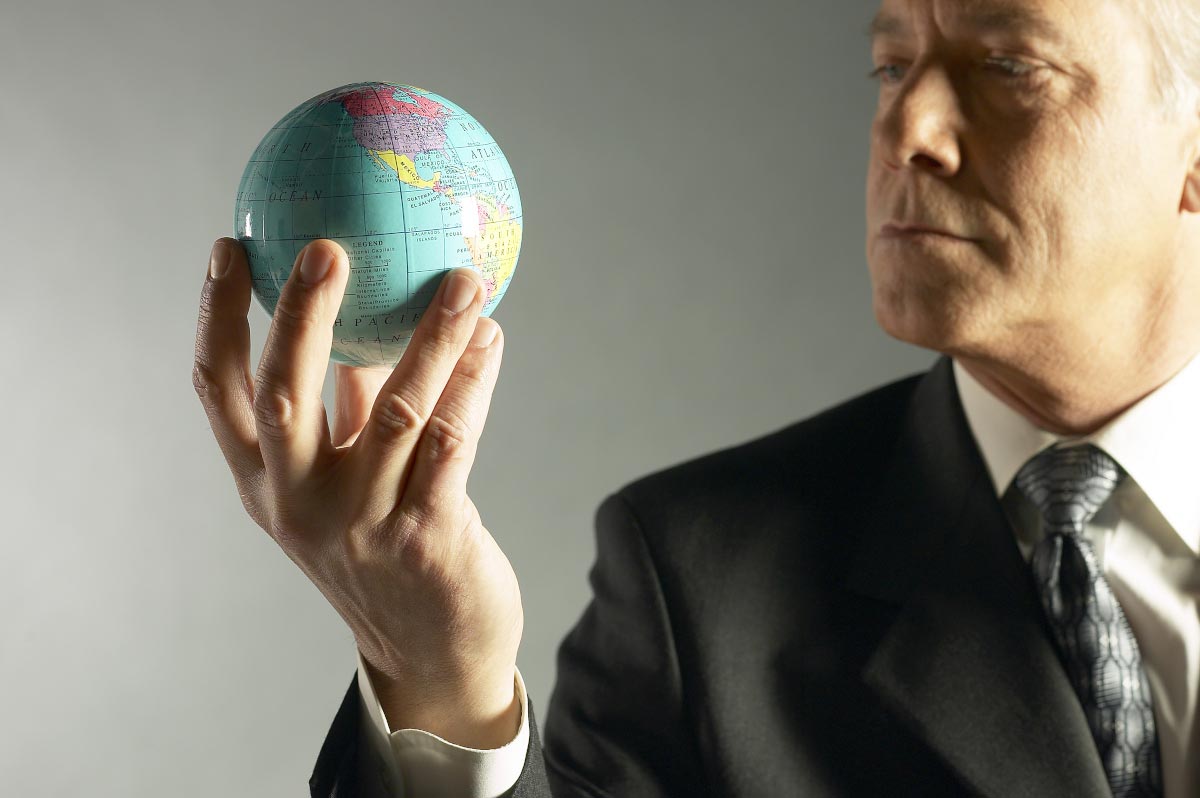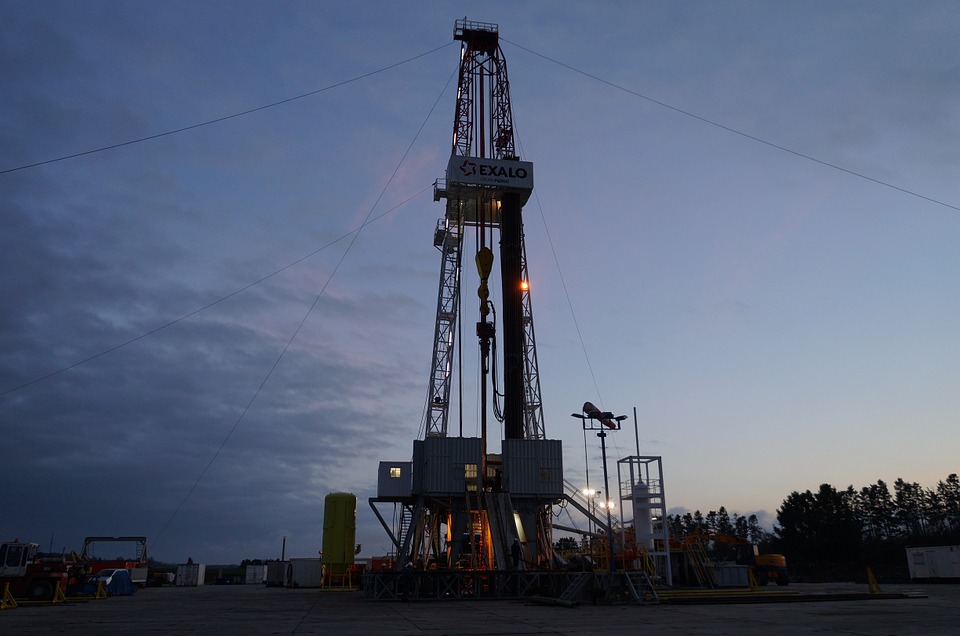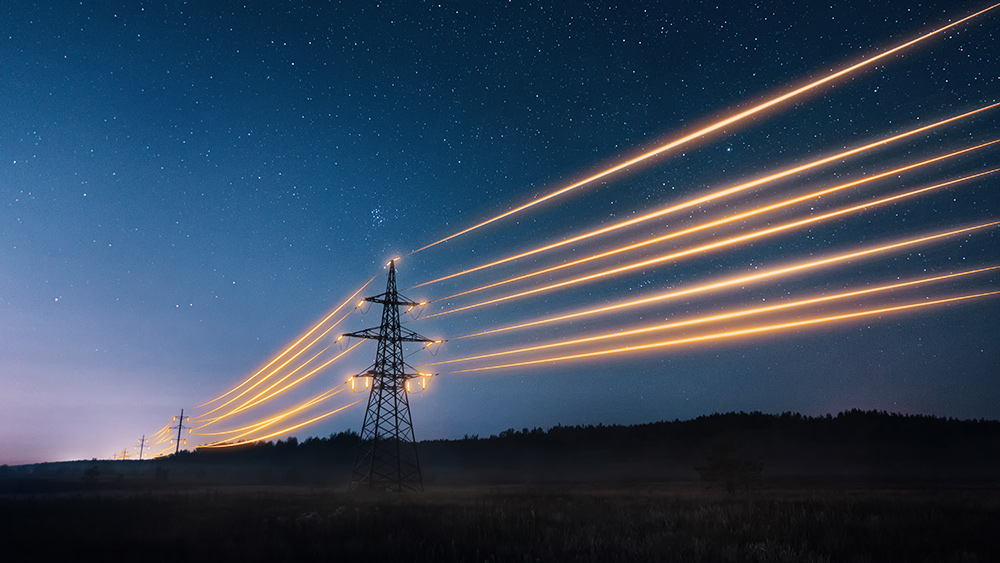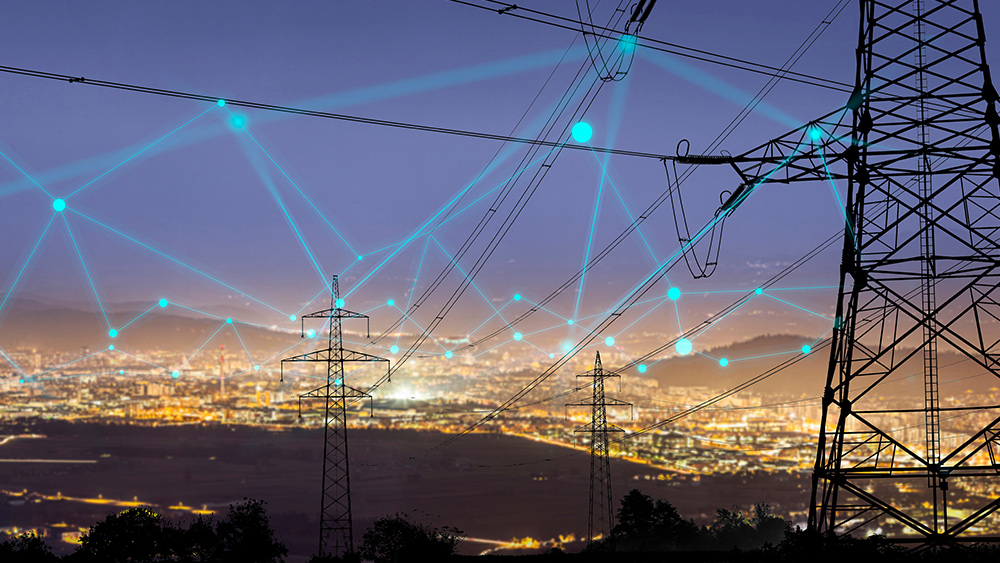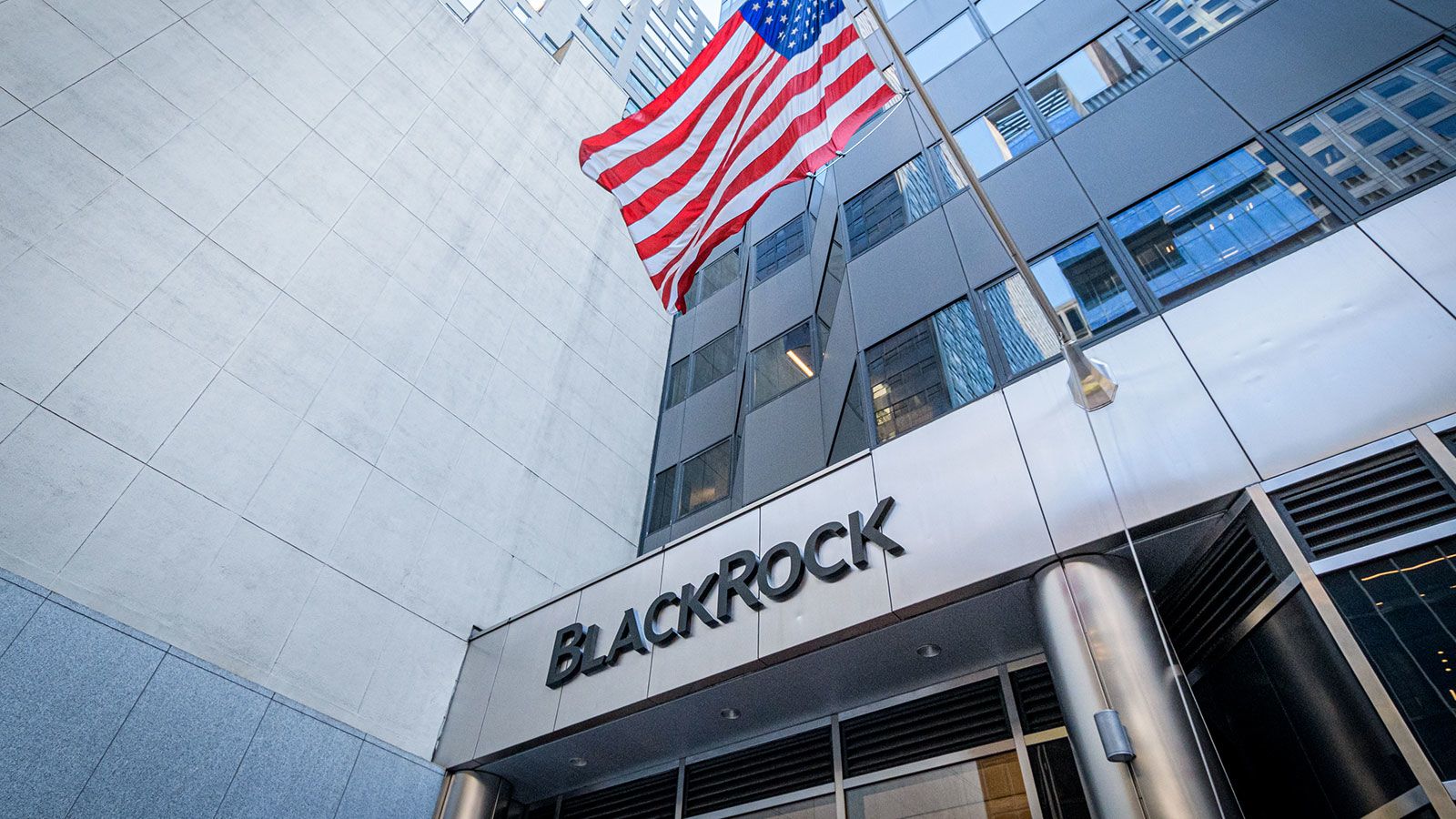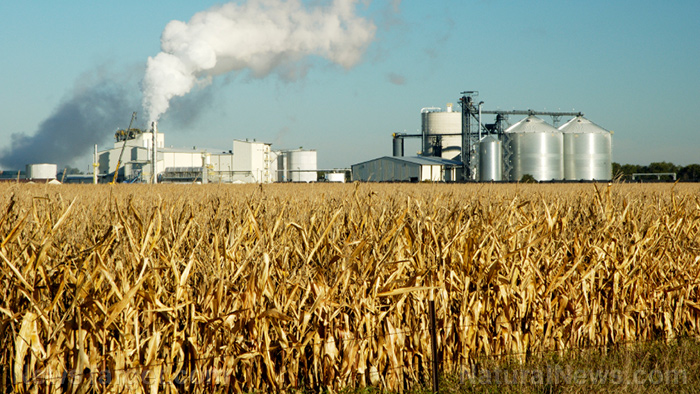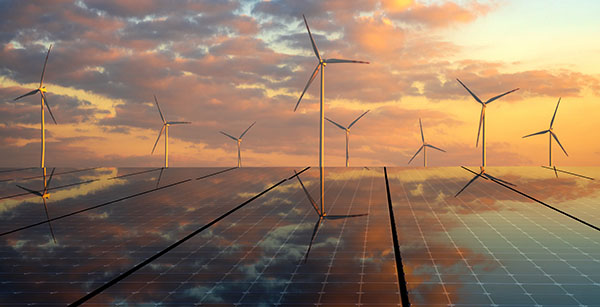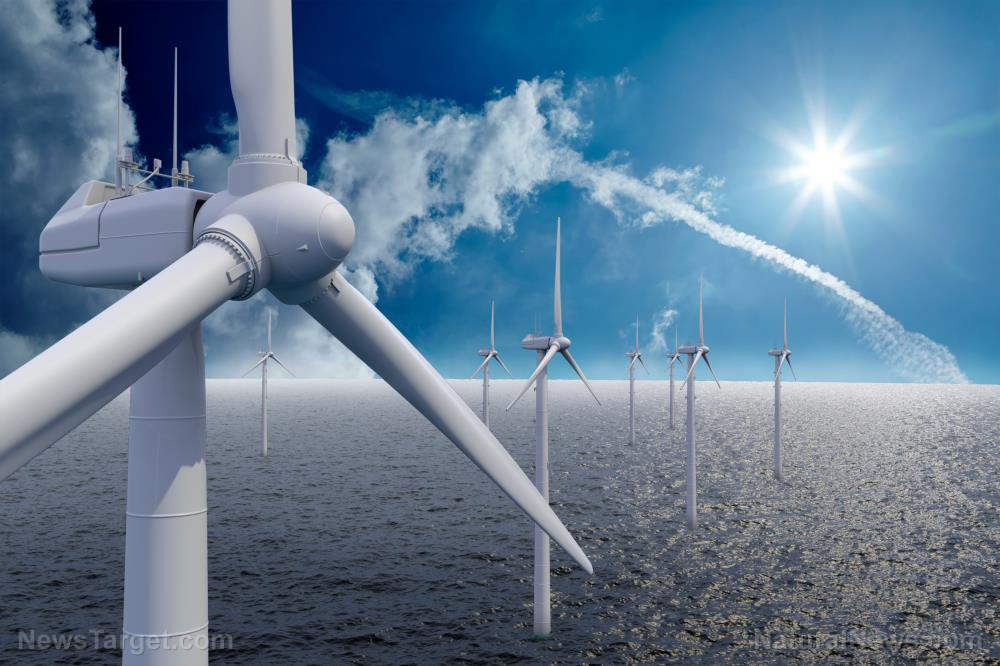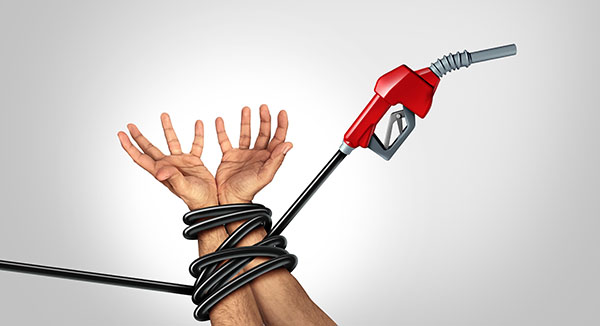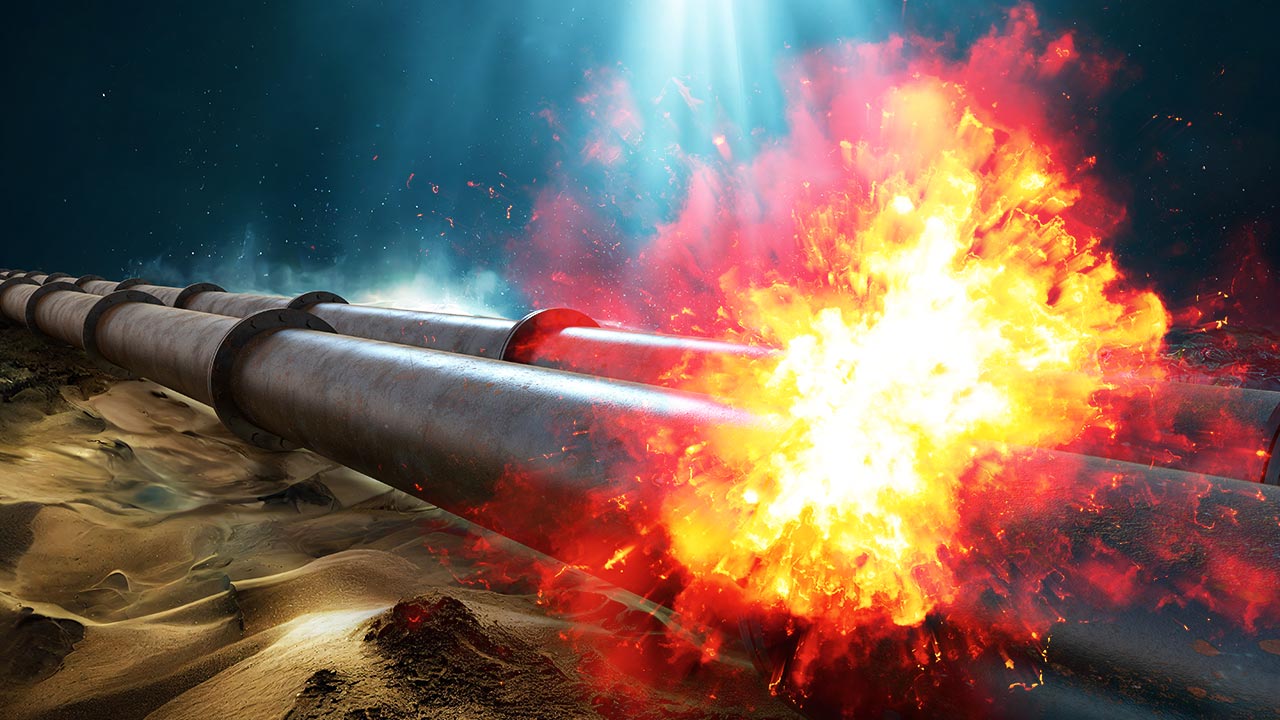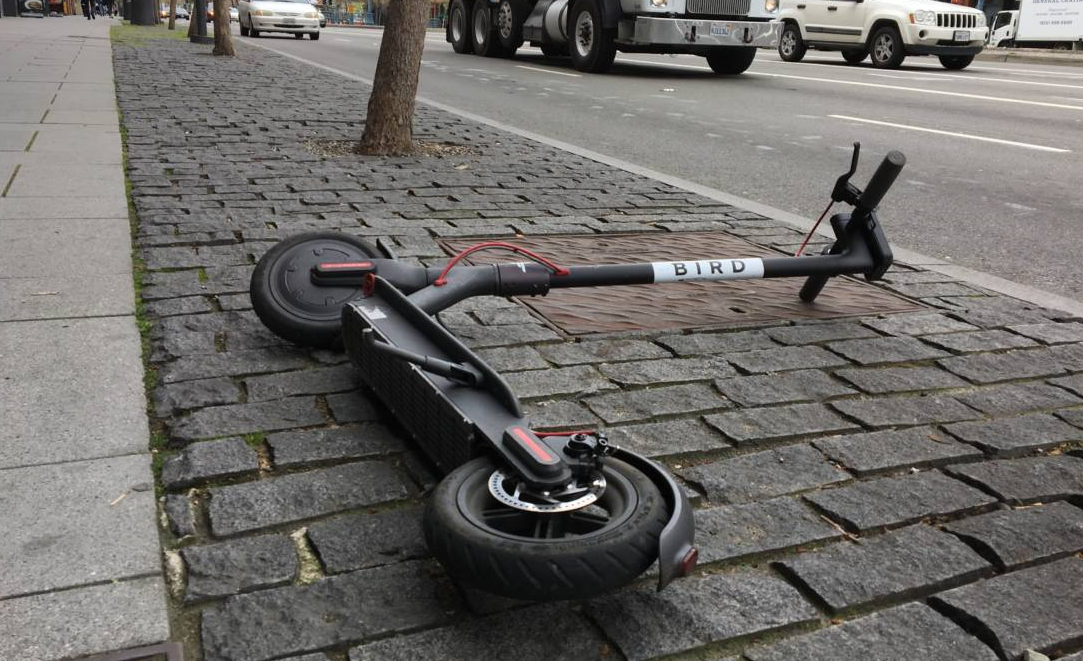HYPOCRITE: As Macron threatens to send troops to Ukraine, France purchases 600 million euros worth of Russian gas
04/14/2024 / By Arsenio Toledo
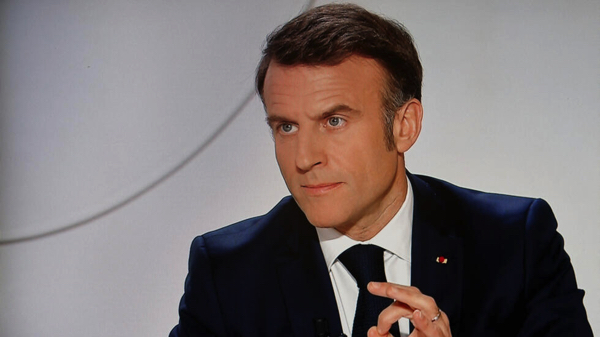
In the first three months of 2024, France purchased 600 million euros ($639 million) worth of Russian natural gas even as President Emmanuel Macron repeatedly threatened Russia with the prospect of deploying French troops in Ukraine.
This is according to data analyzed by the Finnish think tank, the Center for Research on Energy and Clean Air, which found that Russian liquefied natural gas deliveries to France grew more than to any other country in the European Union in the first three months of 2024 compared to the same period last year. (Related: Russia claims France is readying deployment of 2,000 troops to Ukraine.)
CREA’s report found that Paris paid over 600 million euros to the Kremlin for gas supplies at the same time Macron loudly positioned himself as one of Ukraine’s staunchest defenders in Europe, even going so far as to lobby other members of the North Atlantic Treaty Organization for support for his plan to send troops to Ukraine.
In one of his latest statements made late last month, Macron repeated his assertion that France would not rule out sending troops to Ukraine. He even called on fellow NATO members to not be “cowards.”
Nine other EU nations guilty of increasing their purchases of Russian gas
France’s renewed interest in Russian natural gas has led to calls for the country to clamp down on its rising purchases.
“It cannot be that France, on the one hand, says that we have to be harsh with Russia and on the other hand, is paying them off with big money,” said one diplomat from an EU nation who spoke with Politico on condition of anonymity.
The French government has insisted that its gas purchases are necessary to keep supplies flowing to households across the country and that it is locked into long-term agreements with Russia that are far too legally complex for Paris to escape.
French Economy Minister Bruno Le Maire further argued that ending France’s reliance on Russian gas should be done “gradually to avoid a too-brutal impact on the market” and price spikes.
Critics counter-argue that France could do so much more to reduce the bloc’s purchases, arguing that its inaction is partly due to its unwillingness to combat the highly influential Big Oil company TotalEnergies.
“This isn’t an easy topic,” said one official within the French energy ministry. “If we continue to pay for gas we do not import, there is no point,” they added, referring to the long-term contracts that TotalEnergies has signed which force it to buy gas from Russia.
France is not the only European nation guilty of increasing its gas purchases from Moscow, highlighting the EU’s flagging efforts to stamp out Russia’s fossil fuel revenues, which account for nearly half of the Kremlin’s budget.
At least nine other EU nations have either maintained their level of Russian LNG purchases or have increased it. They are, in order of how much LNG they imported in quarter one of 2024, Belgium, Spain, the Netherlands, Greece, Finland, Sweden, Germany, Denmark, Italy and Portugal.
France leads the pack with around 1.54 million tons of Russian LNG purchased, followed closely by Belgium with 1.53 million tons and Spain with 1.17 million tons purchased.
Watch this clip of Russian State Duma Deputy Speaker Pyotr Tolstoy warning that the Russian Armed Forces will deal with any and all French soldiers who appear on Ukrainian soil.
This video is from the Cynthia’s Pursuit of Truth channel on Brighteon.com.
More related stories:
Macron’s suggestion of NATO deploying troops to Ukraine receives little support.
Spanish newspaper claims NATO troops are ACTIVE in Ukraine.
Macron doubles down on possibility of deploying NATO troops to Ukraine.
Slovakia’s PM reveals NATO, EU states still considering sending troops to Ukraine.
Sources include:
Submit a correction >>
Tagged Under:
big government, collapse, Emmanuel Macron, energy, energy supply, Europe, France, industry, liquefied natural gas, NATO, natural gas, North Atlantic Treaty Organization, Russia, Russia-Ukraine war, Russian natural gas, Ukraine
This article may contain statements that reflect the opinion of the author
RECENT NEWS & ARTICLES
COPYRIGHT © 2022 EnergySupply.news
All content posted on this site is protected under Free Speech. EnergySupply.news is not responsible for content written by contributing authors. The information on this site is provided for educational and entertainment purposes only. It is not intended as a substitute for professional advice of any kind. EnergySupply.news assumes no responsibility for the use or misuse of this material. All trademarks, registered trademarks and service marks mentioned on this site are the property of their respective owners.

